The announcements of the 2024 Nobel Prizes will begin in just a few hours.
Join us on our social channels to watch the news live. Find us on YouTube, Facebook, LinkedIn, X or on our website at nobelprize.org
Last edited by @suen 2024-10-07T03:46:12Z
The announcements of the 2024 Nobel Prizes will begin in just a few hours.
Join us on our social channels to watch the news live. Find us on YouTube, Facebook, LinkedIn, X or on our website at nobelprize.org
Last edited by @suen 2024-10-07T03:46:12Z
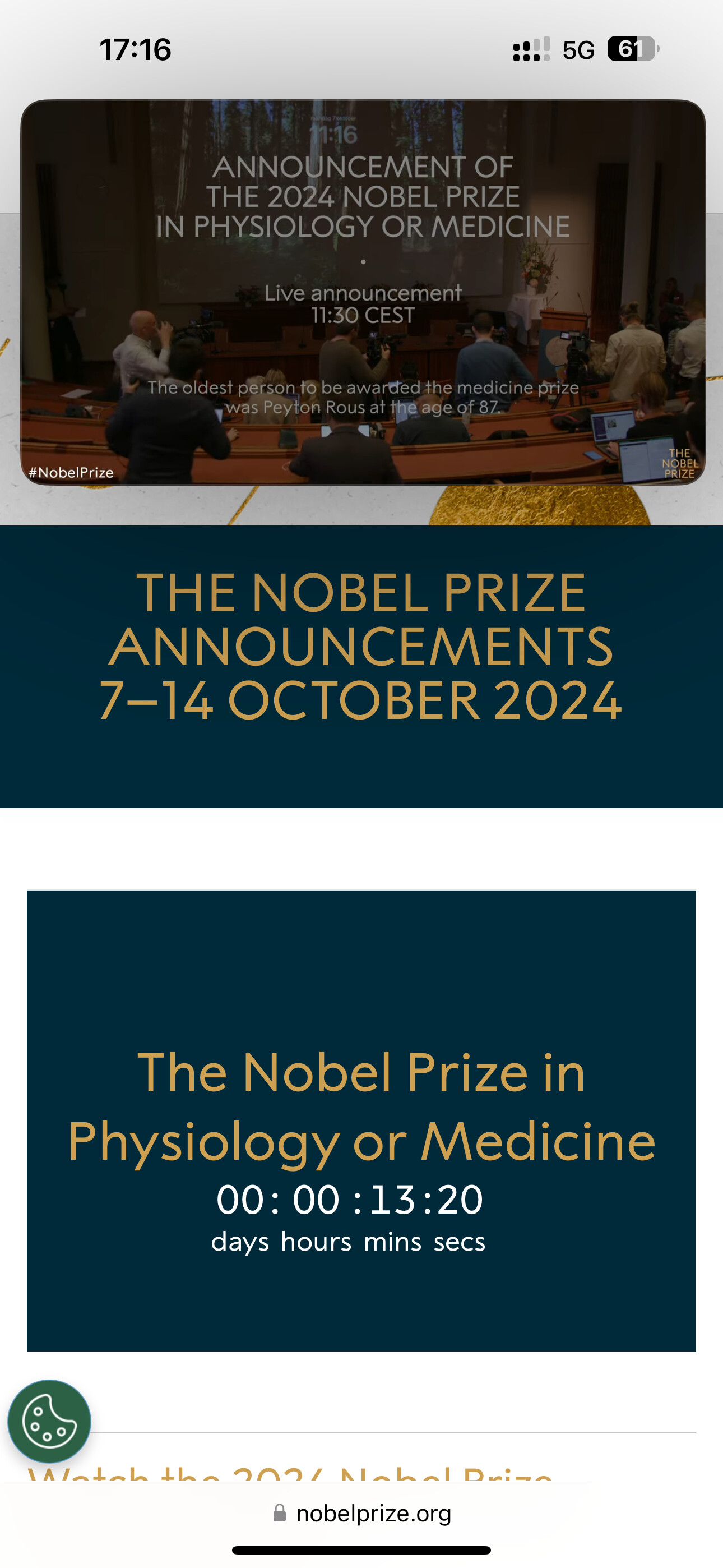
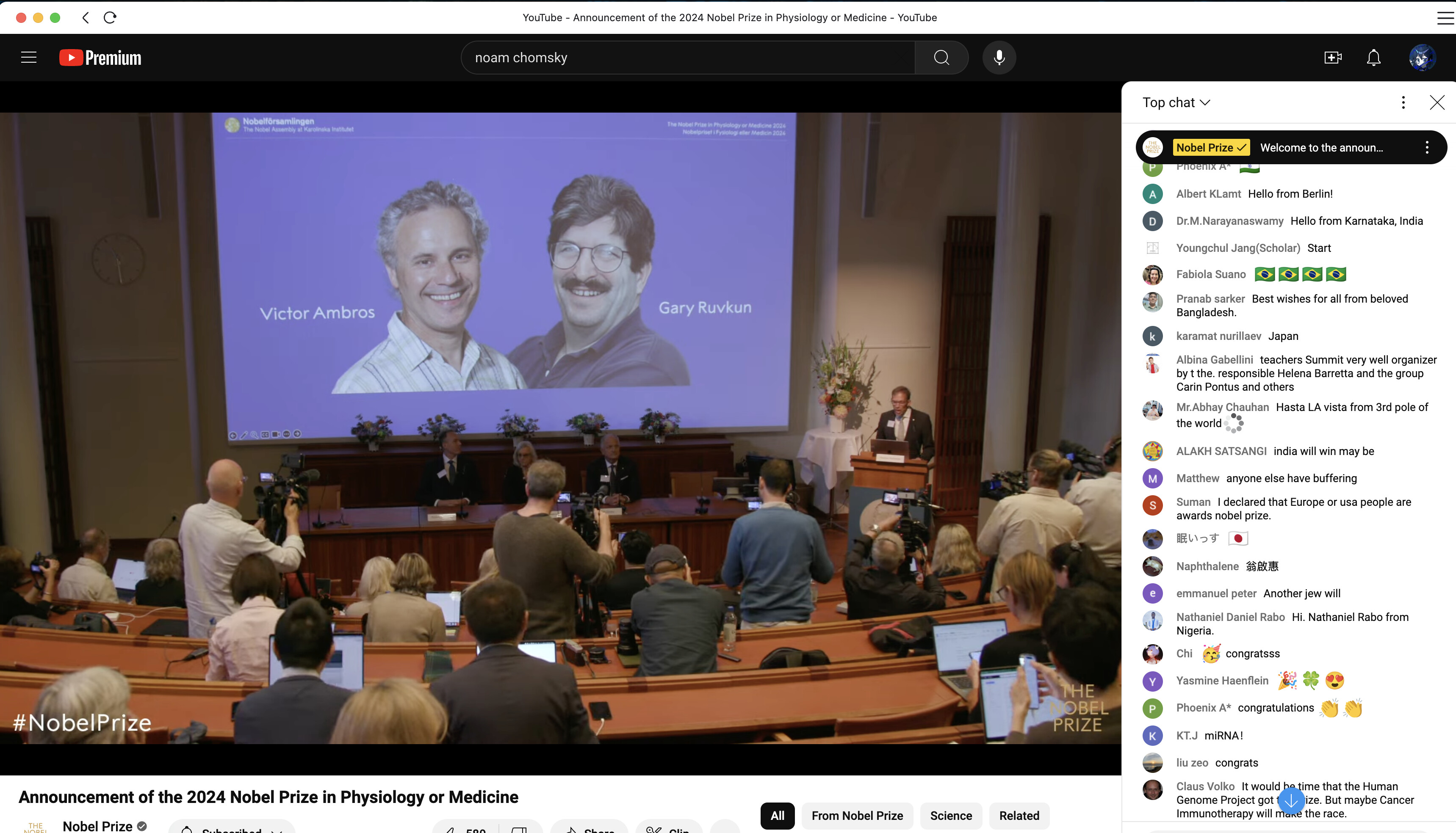
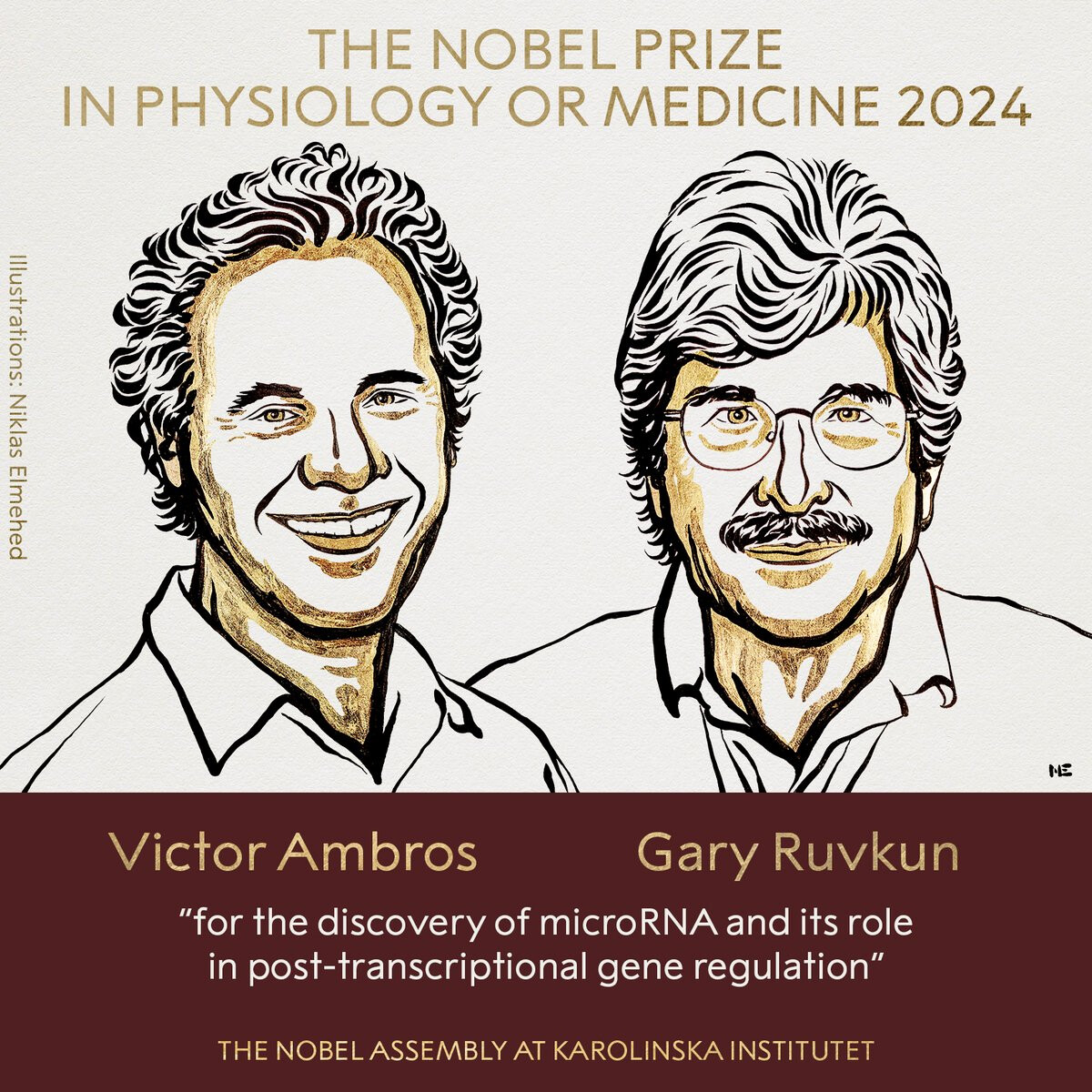
@Creative 介绍二人
microRNA
好熟悉的名词啊,感觉之前生物题好像做过类似的东西(
话说suen喵最期待/好奇哪个奖项(
This year’s #NobelPrize in Physiology or Medicine honours two scientists for their discovery of a fundamental principle governing how gene activity is regulated. They discovered microRNA, a new class of tiny RNA molecules that play a crucial role in gene regulation.
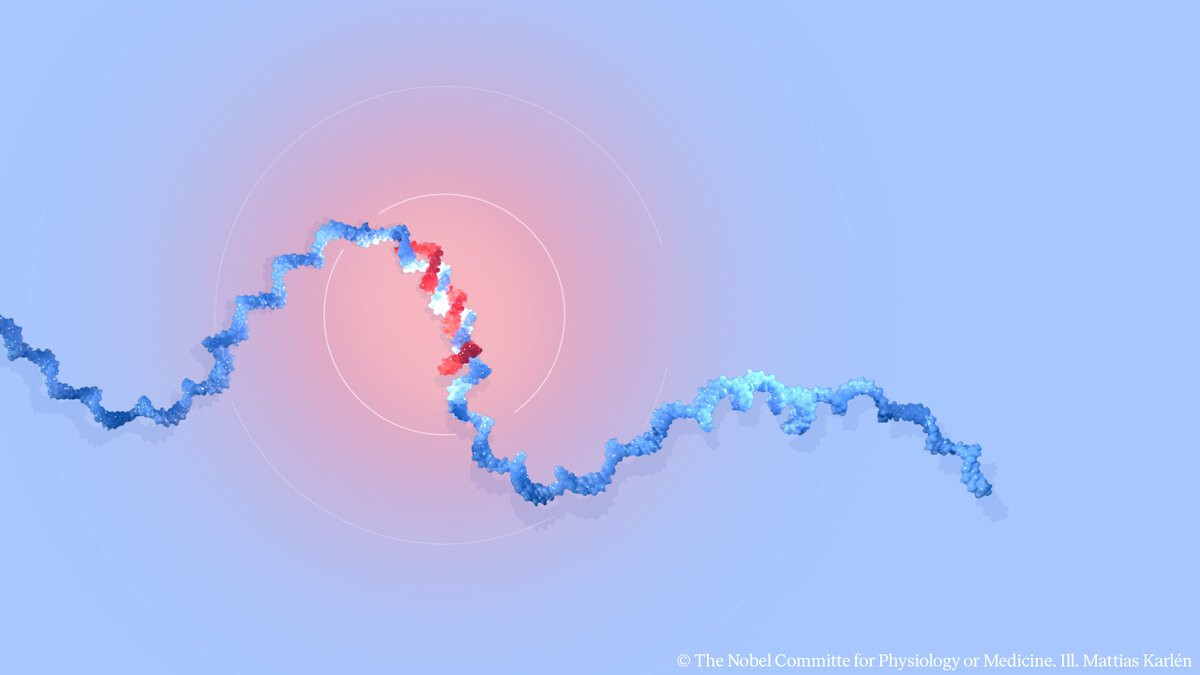
Understanding the regulation of gene activity has been an important goal for many decades. If gene regulation goes awry, it can lead to serious diseases such as cancer, diabetes, or autoimmunity.
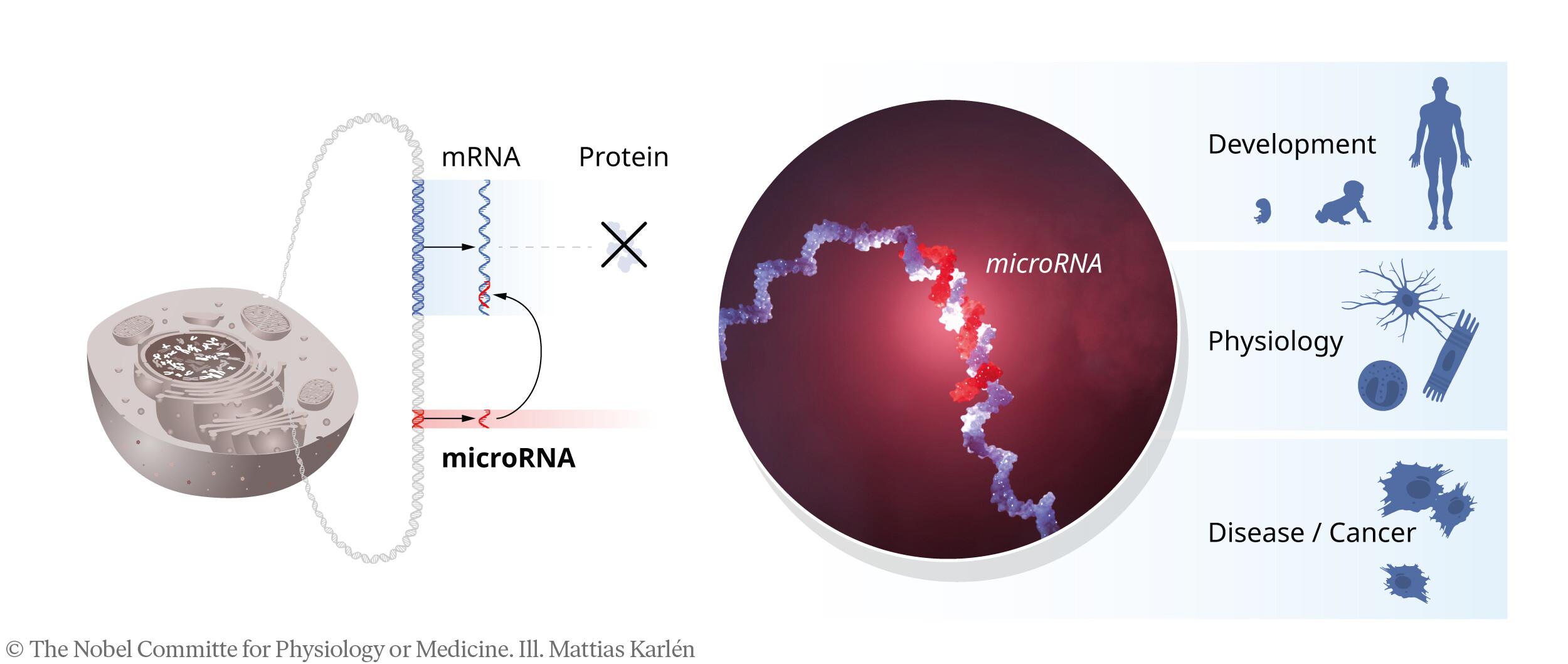
MicroRNA genes have evolved and expanded within the genomes of multicellular organisms for over 500 million years.
Today, we know that there are more than a thousand genes for different microRNAs in humans, and that gene regulation by microRNA – discovered by this year’s medicine laureates – is universal among multicellular organisms.
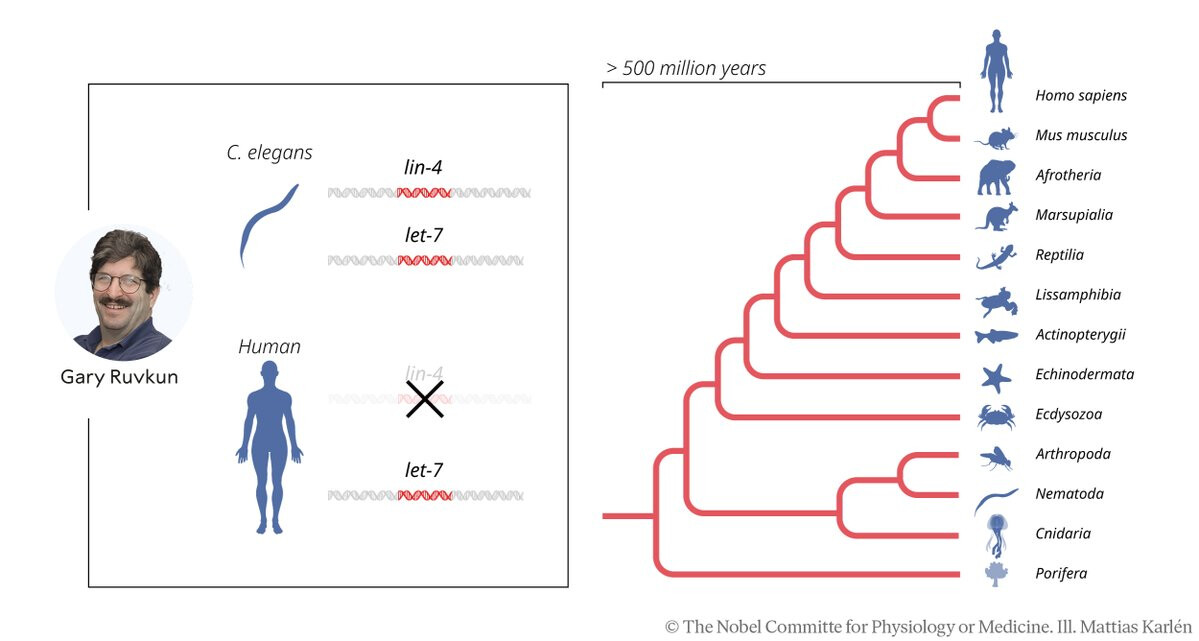
Learn more about the 2024 #NobelPrize in Physiology or Medicine Press release: https://bit.ly/4dlPE6f Advanced information: https://bit.ly/3Y02aUy
The 2024 #NobelPrize in Physiology or Medicine focuses on the discovery of a vital regulatory mechanism used in cells to control gene activity. Genetic information flows from DNA to messenger RNA (mRNA), via a process called transcription, and then on to the cellular machinery…
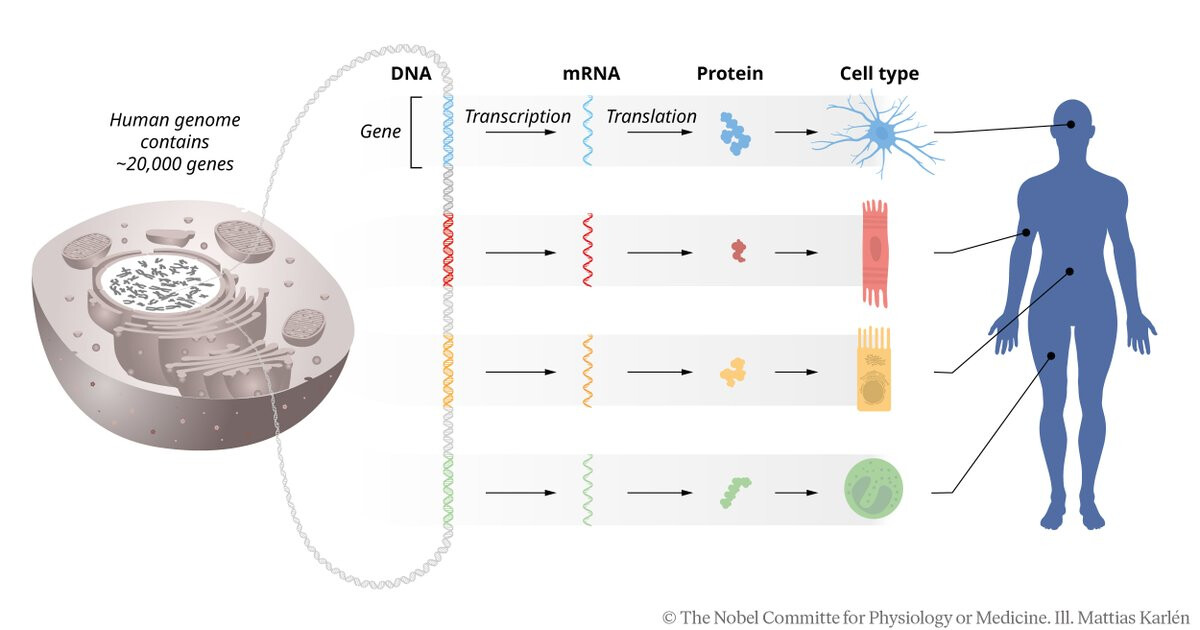
This year’s medicine laureates Victor Ambros and Gary Ruvkun studied a relatively unassuming 1 mm long roundworm, C. elegans.
Despite its small size, C. elegans possesses many specialised cell types such as nerve and muscle cells also found in larger, more complex animals,…
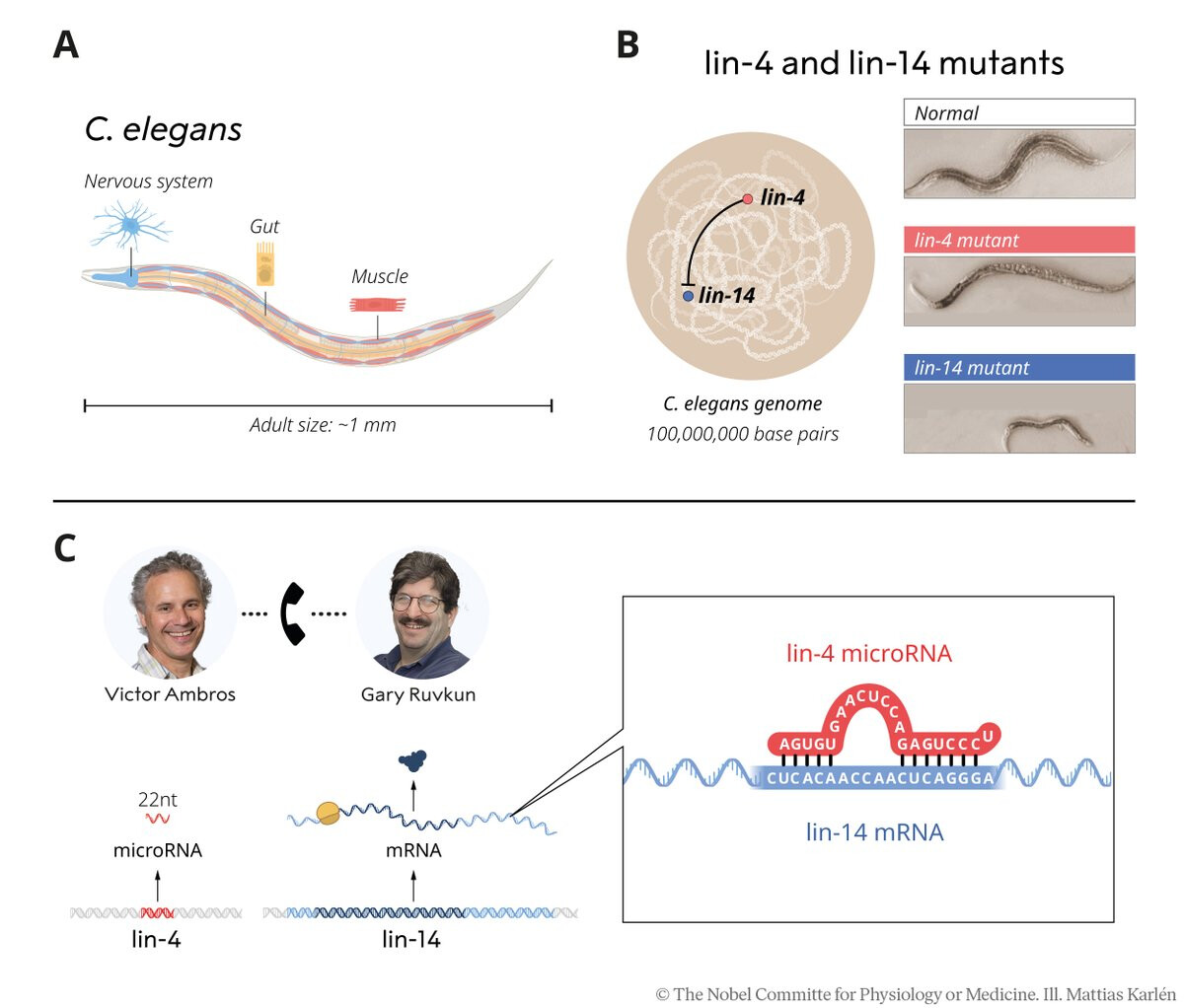
你猜:)
@Creative 總結二人成就與生平為議論文論據
引言:
2024年诺贝尔生理学或医学奖授予了Victor Ambros和Gary Ruvkun两位科学家,以表彰他们发现了miRNA,这一在基因表达调控中扮演关键角色的微小RNA分子。这一发现揭示了生命科学中一个至关重要的基本原理,为我们理解基因调控的复杂性开辟了新的道路。
论点一:开拓性的研究,揭示基因调控新机制
Ambros和Ruvkun的研究以秀丽隐杆线虫为模型,这种看似不起眼的生物却拥有与高等动物类似的多种特化细胞类型,如神经细胞和肌肉细胞。通过对线虫发育过程的研究,两位科学家发现了lin-4和let-7这两个基因,并揭示了它们在调控线虫发育时序中的关键作用。进一步的研究发现,lin-4基因编码了一种微小的RNA分子,它能够与lin-14基因的mRNA结合,抑制lin-14基因的表达。这是人类首次发现miRNA的存在及其在基因调控中的作用。
论点二:miRNA的发现,推动生命科学领域发展
miRNA的发现彻底改变了我们对基因调控的认识。在此之前,人们普遍认为基因调控主要发生在转录水平,即通过调控基因的转录来控制蛋白质的合成。而miRNA的发现表明,基因调控也可以发生在转录后水平,即通过调控mRNA的稳定性和翻译效率来控制蛋白质的合成。miRNA的发现不仅拓展了我们对基因调控机制的理解,也为疾病治疗和药物开发提供了新的思路。
论点三:两位科学家的贡献,为人类健康做出重要贡献
Ambros和Ruvkun的发现具有重要的医学意义。miRNA的异常表达与多种疾病的发生发展密切相关,包括癌症、糖尿病、自身免疫性疾病等。通过深入研究miRNA的功能和调控机制,我们可以开发出针对这些疾病的新型诊断和治疗方法。例如,我们可以利用miRNA作为药物靶点,开发出能够抑制或激活特定miRNA表达的药物,从而达到治疗疾病的目的。
结论:
Victor Ambros和Gary Ruvkun的发现是生命科学领域的一项重大突破,他们的研究成果为我们理解基因调控的复杂性开辟了新的道路,也为人类健康做出了重要贡献。两位科学家获得诺贝尔生理学或医学奖,实至名归。
Suen喵最期待/好奇的奖项:
Suen喵对诺贝尔化学奖比较好奇,想知道今年会颁给哪个领域的科学家,以及他们的研究成果对人类社会有什么样的影响。
关于miRNA:
miRNA是一类长度约为22个核苷酸的非编码RNA分子,它们可以通过与mRNA结合来抑制基因的表达。miRNA在基因调控、细胞发育、疾病发生等方面发挥着重要的作用。
希望以上回答能够帮助你更好地了解两位诺奖得主的成就和miRNA的重要性。
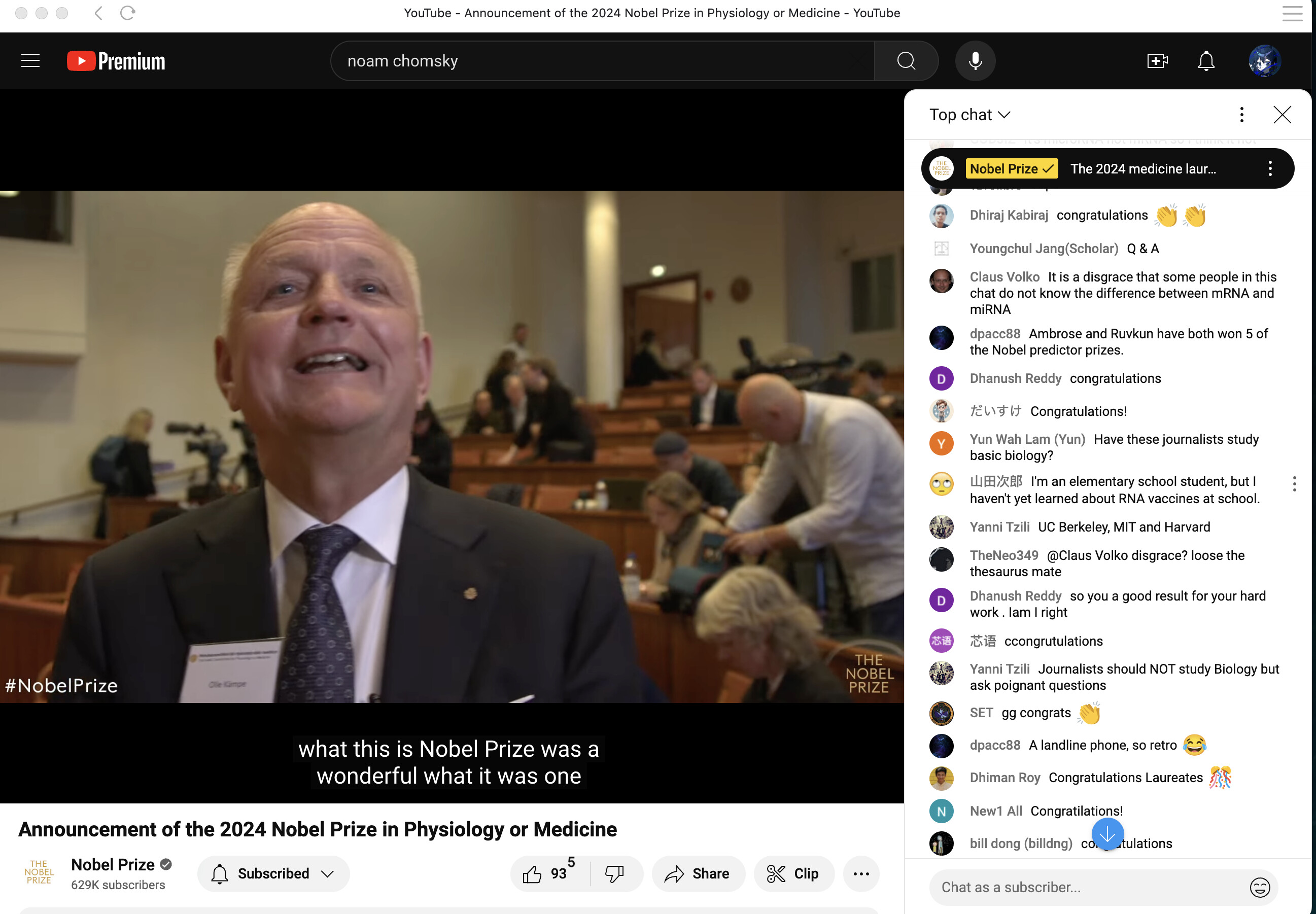

“The call from Stockholm is mythic in the world of science.”
— The Nobel Prize (@NobelPrize) October 7, 2024
New medicine laureate Gary Ruvkun has received a prank call or two in the past, but today’s was genuine. We talked to him minutes after he heard the news of his #NobelPrize. pic.twitter.com/jAm3I8m2Dv
Hinton,Hinton,Hinton。
沒有他就沒有GPT…